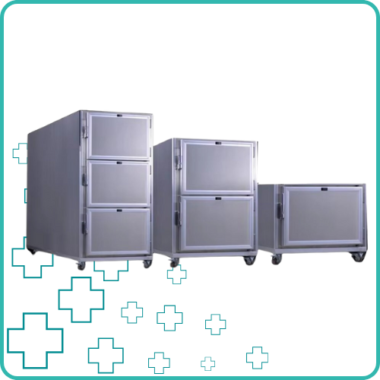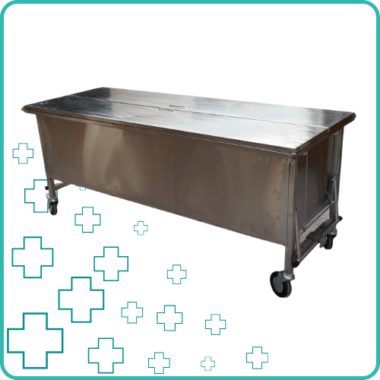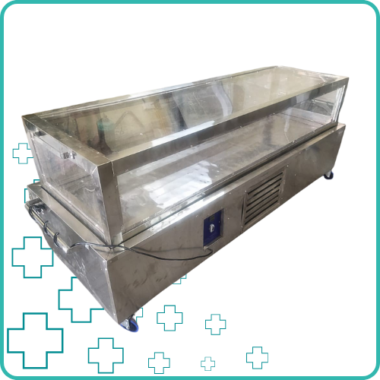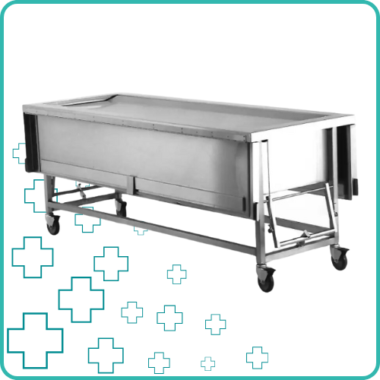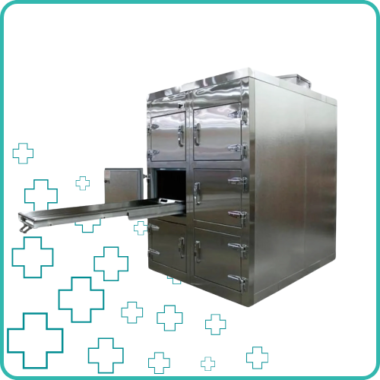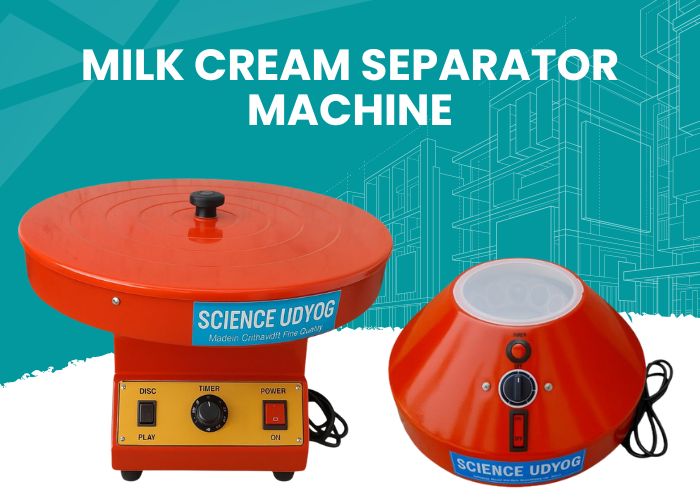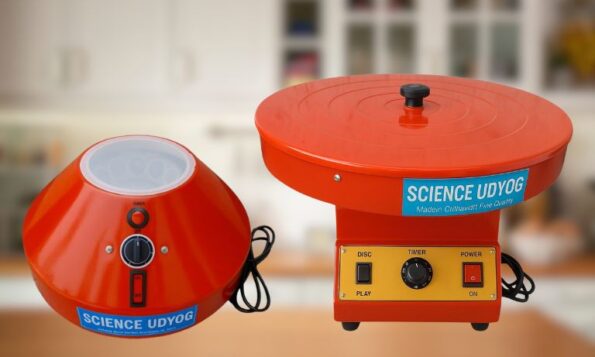Years Experience
0
+
Products Delivered
0
K+
Clients Served
+
States Covered
0
About, The Author
This Article is Written By Mr. Puneet
Founder of Science Udyog
Mr. Puneet is the founder of Science Udyog, a specialized manufacturer of mortuary and biomedical equipment based in Ambala Cantt, Haryana. Since launching the company in April 2013, Puneet has delivered over 1,000+ units including dead body freezer boxes, mortuary chambers, cadaver tanks, and laboratory instruments to hospitals, forensic labs, and research institutions across India.
With 12+ years of hands-on industry experience, Puneet combines engineering expertise with real-world insights to build durable, regulatory-compliant solutions for critical healthcare needs. His leadership has positioned Science Udyog as a trusted name in the biomedical manufacturing sector.
- Laboratory Instruments
- Dead Body Freezer Box
- Hospital Furniture
- Cold Room


